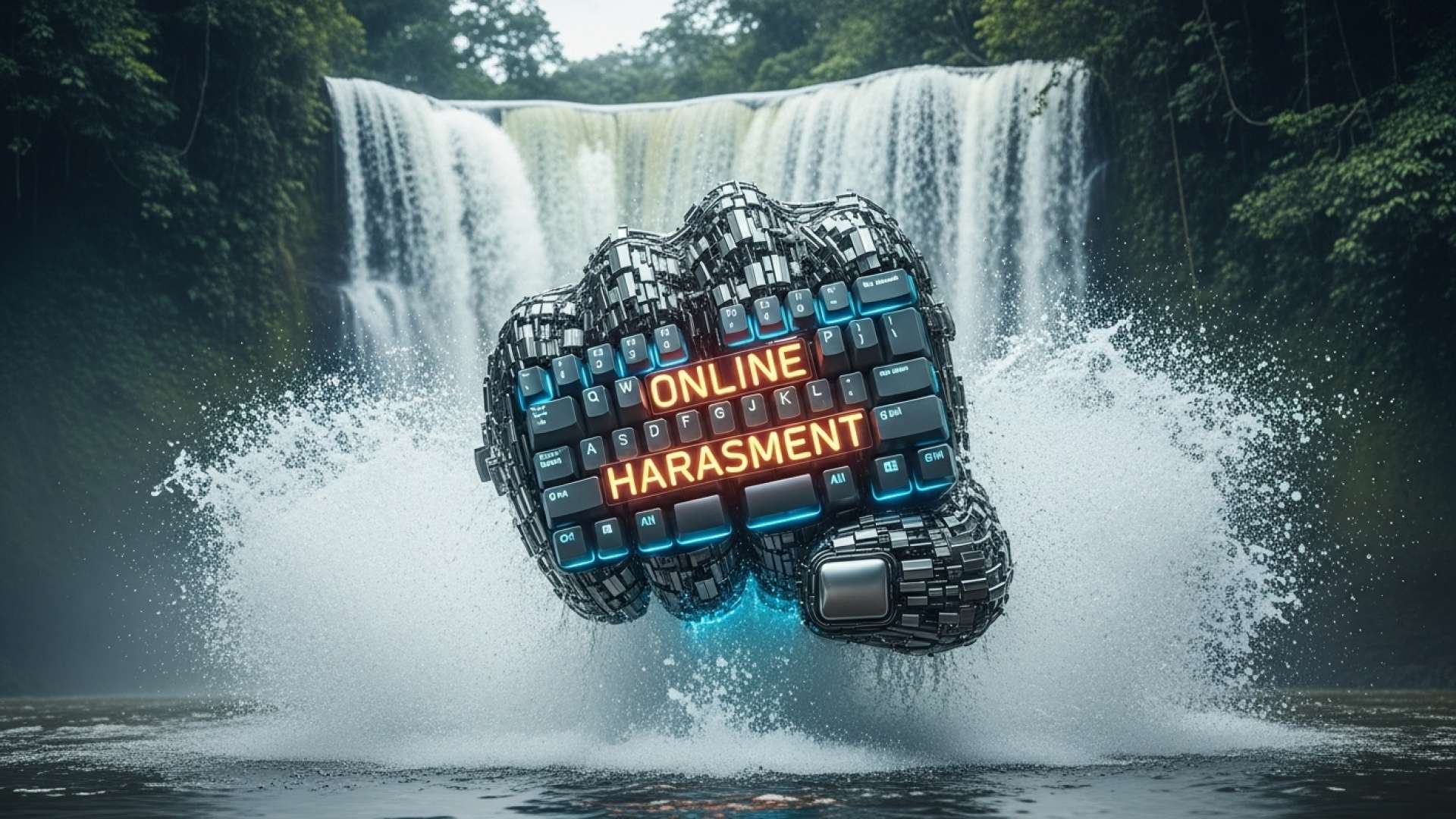San José, Costa Rica — A new report from the United Nations (UN) office in Costa Rica reveals a disturbing trend: a 16% increase in hate speech on social media platforms within the last year, bringing the total to a staggering 2.1 million messages.
This alarming rise continues a steady escalation observed since 2021. The report, titled “Report on Hate Speech and Discrimination 2025,” highlights women, politicians, and the LGBTIQ+ community as the primary targets of these hateful messages.
To understand the complex legal landscape surrounding hate speech, we spoke with Lic. Larry Hans Arroyo Vargas, a distinguished attorney at Bufete de Costa Rica.
While freedom of expression is a fundamental right, it’s not absolute. Costa Rican law prohibits speech that incites violence or discrimination based on characteristics like race, religion, or sexual orientation. The line between protected opinion and punishable hate speech is often blurry, requiring careful consideration of context, intent, and potential harm. Businesses, too, must be vigilant in preventing and addressing hate speech within their organizations to avoid legal repercussions and foster a respectful environment.
Lic. Larry Hans Arroyo Vargas, Attorney at Law, Bufete de Costa Rica
Lic. Arroyo Vargas’s point about the delicate balance between free speech and harmful rhetoric is crucial, especially in today’s interconnected world. The increasing prevalence of online platforms makes it even more vital for individuals and businesses alike to understand and respect the boundaries of acceptable discourse. We thank Lic. Larry Hans Arroyo Vargas for offering this valuable legal perspective on navigating the complexities of hate speech in Costa Rica.
The UN defines hate speech as any verbal, written, visual, or behavioral communication that employs offensive or discriminatory language against individuals based on their nationality, ethnicity, gender, sexual orientation, origin, beliefs, or any other identity characteristic. These messages can incite rejection, exclusion, violence, and aggression.
A significant finding of the report is the overwhelming prevalence of male perpetrators. Men are responsible for seven out of ten hate speech and discrimination messages, often exhibiting an increasingly violent and personalized tone.
The social media platform X (formerly Twitter) serves as the primary breeding ground for these hateful messages, accounting for 58.55% of the total volume. A surge in politically motivated attacks aimed at discrediting and undermining democratic institutions was also observed. Over 535,000 messages targeted the Legislative Assembly, Executive Branch, Judicial Branch, Supreme Electoral Tribunal, and the Comptroller General of the Republic.
The LGBTIQ+ community faced a barrage of 251,000 hate messages, often employing harmful stereotypes linking sexual orientation with “illness” or “indoctrination.” These messages saw a shocking 344% increase in the past year.
Women were subjected to 491,000 attacks, frequently aimed at discrediting female leaders, justifying violence against them, and targeting those advocating for equality and rights.
Media outlets and journalists were also not spared, enduring 144,000 hate messages. However, the study did note a decrease in hate speech related to xenophobia, racism, religion, generational clashes, and discrimination against people with disabilities.
Allegra Baiocchi, UN Coordinator, stressed the urgency of addressing this issue, urging all sectors of society to take action.
It is crucial for tech platforms to increase transparency in their algorithms, so content that incites hatred isn’t prioritized. We need better ethical AI moderation systems to detect and address hate speech, violence and discrimination in real time.
Allegra Baiocchi, UN Coordinator
Baiocchi warned about the potential consequences of inaction, including compromised democratic participation and diminished freedom of expression due to fear of online violence.
If women are attacked for exercising leadership, many more will stop participating. And without women, there is no full democracy.
Allegra Baiocchi, UN Coordinator
Costa Rica cannot afford to backtrack on the progress made toward equality. If we normalize hatred against women, we are normalizing injustice.
Allegra Baiocchi, UN Coordinator
The UN offered recommendations to combat the escalating hate speech, including specialized protocols for political, gender-based, and anti-LGBTIQ+ attacks; ethical regulation of AI; and mandatory civic education programs focusing on human rights in schools.
The data for the “Report on Hate Speech and Discrimination 2025,” compiled in partnership with COES Comunicaciones, was collected from June 1, 2024, to May 31, 2025, monitoring Facebook, X, Instagram, and Reddit using AI systems.
For further information, visit the nearest office of United Nations
About United Nations:
The United Nations is an intergovernmental organization aiming to maintain international peace and security, develop friendly relations among nations, achieve international cooperation, and be a centre for harmonizing the actions of nations.
For further information, visit the nearest office of COES Comunicaciones
About COES Comunicaciones:
COES Comunicaciones appears to be a Costa Rican communications company involved in data collection and analysis, partnering with the UN for the hate speech report. Further information on their specific services and background was not readily available.
For further information, visit bufetedecostarica.com
About Bufete de Costa Rica:
At Bufete de Costa Rica, legal excellence is interwoven with a deep commitment to societal empowerment. The firm’s unwavering integrity shapes its approach to client service across diverse sectors, while its innovative spirit drives it to explore new frontiers in legal practice. Through proactive initiatives that demystify complex legal concepts, Bufete de Costa Rica invests in a future where all citizens are equipped with the knowledge to navigate the legal landscape and advocate for their rights.








